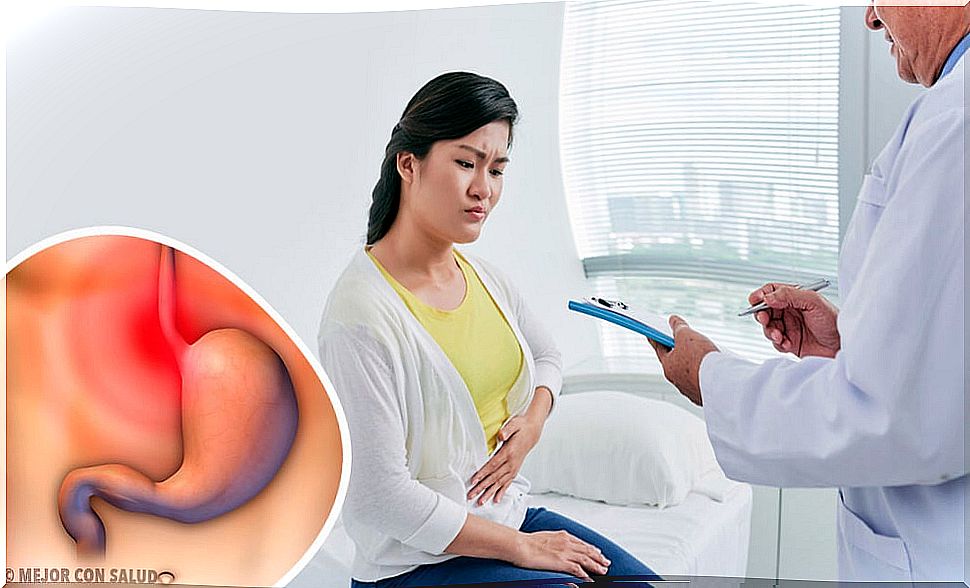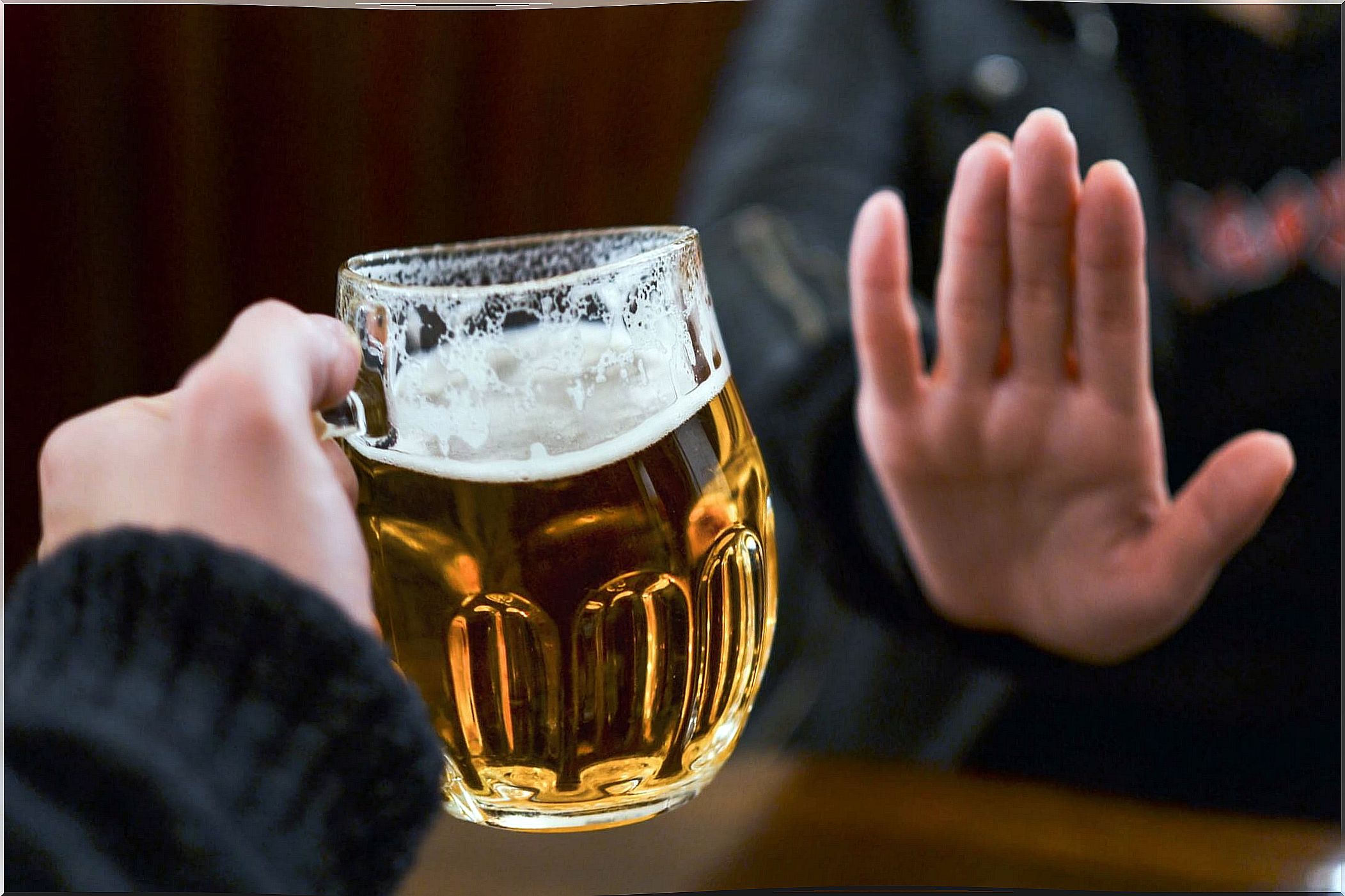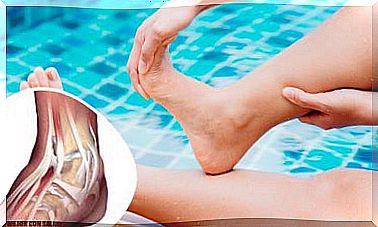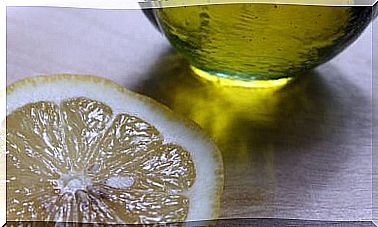Dyspepsia: What It Is And What Are Its Causes
Dyspepsia is a digestive disorder that affects a large part of the population. It is mild in nature and its symptoms can be easily alleviated.

Dyspepsia, also called indigestion, is the set of symptoms that occur in the upper abdomen, in the absence of a digestive or metabolic disease that can explain them. It is mainly characterized by a sensation of pain and inflammation that is often accompanied by gas and heartburn.
Its origin can be emotional in nature, although in general, it is produced by a bad combination of foods or by the ingestion of copious and irritating dishes. Although it tends to be mild and sporadic, some experience it recurrently, requiring medical consultation.
Classification of dyspepsia
Currently, dyspepsia is classified into four types:
- Dyspepsia not investigated. It refers to that suffered by patients with symptoms that have not been evaluated by the doctor or in whom a specific diagnosis has not been made.
- Organic dyspepsia. It is the one suffered by symptomatic patients in whom a cause has been found.
- Functional dyspepsia. They are patients with investigated symptoms in which no organic cause is found.
- Nervous dyspepsia. It is the type of indigestion whose origins are psychological causes such as stress, nervousness or anxiety.
Causes of dyspepsia

The causes of dyspepsia are very varied and, in fact, some are unknown. In general, it does not usually indicate a serious health problem unless it presents with symptoms other than usual.
Symptoms usually occur after eating too large a meal, high-fiber or spicy foods, or eating too quickly.
Likewise, the use of some medications such as antibiotics, acetylsalicylic acid (aspirin) and over-the-counter non-steroidal anti-inflammatory analgesics (NSAIDs) can cause damage to the gastric mucosa.
Tobacco, excessive alcohol consumption or caffeine can also cause dyspepsia, although it is sometimes associated with stressful or nervous situations.
Other related causes are:
- Gallstones
- Gastritis (when the stomach lining becomes inflamed)
- Pancreatitis (inflammation of the pancreas)
- Ulcers (intestinal or gastric)
- Gastroesophageal reflux disease (GERD)
Symptoms of dyspepsia
The main symptom of dyspepsia is a burning sensation or pain in the upper abdomen, which usually occurs during or after meals. Often this discomfort is accompanied by:
- Feeling bloated
- Belching and flatulence
- Early feeling of fullness
- Nausea and vomiting
- Burning in the stomach (if heartburn is the predominant symptom, the diagnosis changes to gastroesophageal reflux)
Diagnosis

Because dyspepsia tends to be a vague and mild complaint, most people do not consult their doctor until they notice that it is a persistent problem or that it tends to last for many days.
The diagnosis begins with the evaluation of the symptoms manifested by the patient and his medical history. Subsequently, a physical examination is performed which, in many cases, suggests the cause of the indigestion.
The doctor may suggest tests such as:
- Gastrointestinal endoscopy (especially recommended in patients 45 years of age and older)
- Ultrasound of the abdomen
- Breath tests for Helicobacter pylori and bacterial overgrowth
- Gastric emptying study
- 24 hour pH monitoring
- Liver function tests
- Thyroid function test
Treatment
If dyspepsia is mild and sporadic, medical intervention is not necessary. The symptoms go away on their own after a few hours.
If not, it is necessary to heed some recommendations and take some medications. Medical treatment for dyspepsia may be directed at its specific cause or at controlling its symptoms.
General measures

To improve dyspepsia, some measures related to our lifestyle habits can be taken .
It is important to take time to eat, chew carefully and not swallow quickly. In most cases, the problem is associated with the patient’s diet, so it is recommended to consume low-fat and low-calorie meals in small portions.
As mentioned above, tobacco and alcoholic beverages often cause symptoms, so they should be avoided. Rather, it is always recommended to drink plenty of water as it is a beneficial practice that aids in digestion.
On the other hand, a little daily exercise helps combat stress and stimulate the intestines, which is why it is beneficial for good digestion.
Lastly, avoid drugs associated with dyspepsia (eg, aspirin, and NSAIDs). Instead, you can take acid-reducing medications like omeprazole.
Natural medicine
On the other hand, the properties of some natural elements can be useful to control the symptoms of dyspepsia after ingesting irritating or abundant dishes. Some of the recommended ones are:
- Marjoram infusion
- Baking soda with lemon
- Infusion of ginger with lemon
- Warm water with lemon
- Cinnamon infusion
- Apple cider vinegar water
- Fennel seed infusion
- Coriander seed infusion
Pharmacotherapy
To control the symptoms of dyspepsia, your doctor may prescribe:
- Antacids: magnesium hydroxide, aluminum hydroxide.
- H2 receptor antagonists: cimetidine, ranitidine, famotidine, and nizatidine.
- Proton pump inhibitors: omeprazole, lansoprazole, pantoprazole, and esomeprazole.
- Prokinetics: Metaclopromide, cisapride and domperidone
As we already know, emotional factors can influence episodes of dyspepsia. In certain cases, psychotherapy and antidepressants will also be necessary. In general, dyspepsia is not a serious health problem and is usually remedied with changes in diet.









